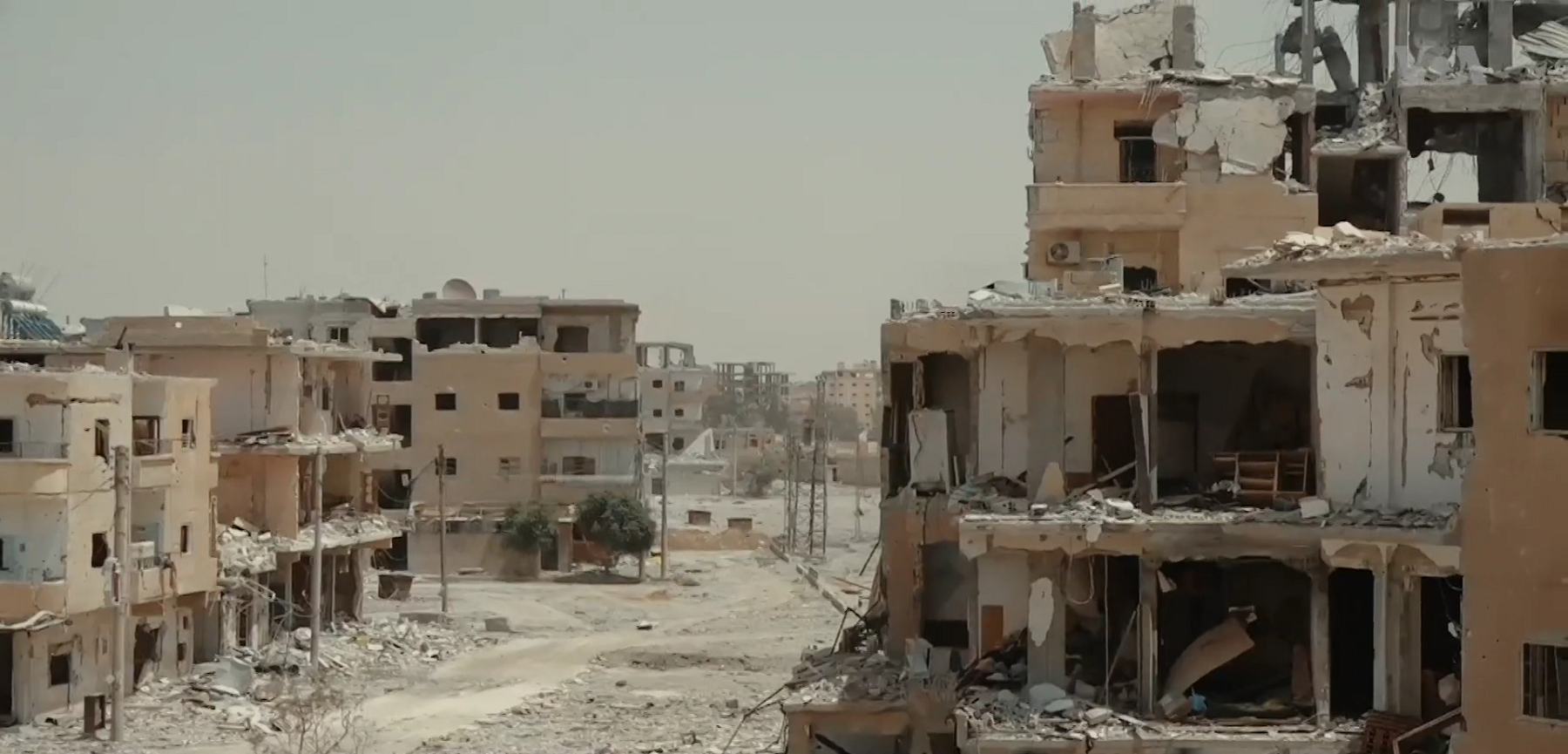On Oct. 17, the Islamic State of Iraq and the Levant (ISIL, ISIS) was finally defeated in Raqqa, a stronghold of the group and the largest city under its control. Images of Syrian Democratic Forces replacing ISIS flags with their own spread hope across the world, and the defeat of ISIS appeared imminent. But the reality is not so simple. Although the fall of Raqqa signaled a dramatic and significant victory, celebrations soon gave way to uncertainty. Several pressing questions remain: is ISIS really defeated? Can an ideology be defeated? What will happen now in the formerly ISIS-occupied territory and war-torn cities of Iraq and Syria?
A Short History of ISIS
In recent years, the international community has been startled by the horrific attacks that ISIS has committed within their territories and around the world. At the height of its existence, ISIS carved out a self-styled “caliphate” in the Levant and controlled wide swaths of territory from northern Syria to up until 15 miles from Baghdad’s airport. At points, they ruled some of the most important and highly populated cities of the region, including Aleppo, Raqqa, and Mosul.
ISIS is a ruthless organization. The group carried out ethnic cleansing against the Yazidi and other minorities that lived within its territory. They governed with brutal force and a heavy hand, punishing anyone who broke their extreme interpretation of Islamic law. Examples of the group’s savagery and terror, such as Jihadi John beheading a Western journalist, spread virulently across the internet.
ISIS’s campaign to incite fear and recruit supporters around the world relied on the wide dissemination of videos and photos with propaganda and gruesome misdeeds, a strategy the terrorist group used to devastating effect. ISIS employed modern technology in revolutionary ways as a terrorist organization, recruiting and spreading influence through online social media platforms such as Twitter and Facebook. Through these means, ISIS was also able to radicalize foreign fighters and inspire “lone wolf” attacks in countries well outside the group’s reach.
The group was highly effective at publicizing its attacks. Visceral images of trucks plowing through crowds, suicide bombers, and masked men shooting at large groups became disturbingly commonplace. These attacks were frequently carried out by homegrown terrorist that never set foot in ISIS territory and never had in-person contact or training with ISIS fighters. As ISIS’s online and physical profiles grew, its actions were condemned as barbaric by the international community and a U.S.-led coalition targeted the group with airstrikes. Nonetheless, the ability of ISIS to trigger violence outside of their territory made them a challenging, alarming, and unconventional opponent.
From 2015 onwards, Iraqi, Kurdish, Syrian and American-allied forces have taken back significant chunks of territory from ISIS, decreasing the group’s strength and whittling away at its morale. On Oct.17, the Syrian Democratic Forces were able to take back Raqqa, defeating ISIS in the last major city they controlled. Considering all of the atrocities ISIS has committed around the world, this victory should be widely celebrated. However, there are several uncertainties which make this development indecisive.
Is ISIS really defeated?
ISIS certainly has lost significant territory in the last two years, which greatly reduces its power. However, the leader of ISIS, Abu Bakr al-Baghdadi, is still believed to be alive and at large. In addition, despite no longer having control of a major city, ISIS still poses a threat. With their leadership established and fighters willing to die for the cause, it is possible that ISIS will simply find new territory to take over and power vacuums to exploit in other unstable countries and failed states.
Is it possible to defeat an ideology?
Even if ISIS is now too weak to continue to play a major role, it is much more difficult to breakdown an ideology. ISIS was very successful in their online recruitment process and spreading their ideology. Radical extremists remain stationed throughout the world and the fear that these people will continue to carry out attacks in the name of an ideology is very high. Sayfullo Habibullaevic Saipov, who drove a truck into pedestrians and killed 8 in New York City on Oct. 31, told security forces that he was inspired by ISIS. Attacks such as Saipov’s, which occurred at roughly the same time as ISIS’s defeat in Raqqa, amplify the concern that malicious attacks will continue despite the group’s shrinking territory.
What will happen in Syria?
The city of Raqqa is almost completely destroyed and the population of the city has decreased from 220,268 in 2012 to 177,636 in 2017. An entire generation of Syrians have lost vital years of their education; many aspects of a formerly vibrant society have been destroyed. Although ISIS no longer controls much territory, power is still scattered among several groups in Syria. Political instability will make the rebuilding process challenging and will continue to provide opportunities for extremist groups to gain recruits and control of territory.
It’s not all bad.
Despite all of the remaining uncertainties, the defeat of ISIS at Raqqa should still be considered an important milestone. It is a vital step in stabilizing Syria, rebuilding war zones, and enforcing the gains already made in Iraq. On Nov. 17 ISIS was also defeated in Qaim, its last stronghold in Iraq, further weakening the group and emphasizing the victory of Iraqi forces and the fight against ISIS.

